The chief economic planner of China pledged on Tuesday to continue cutting back on the production of steel and coal. This decision comes after President-elect Donald Trump threatened to impose harsh tariffs accusing the country of unfair trade practices. Chairman of the National Development and Reform Commission Xu Shaoshi said that differences on trade issues were “normal” and that opening a dialogue between the two countries would go a long way in bringing the relationship into harmony.
The recent pledge to cut steel and coal production in the company follows the previous year’s success in meeting target cuts in production. In 2016, the production capacity of steel was cut by 45 million tons and coal was cut by 250 million tons. The 800,000 workers affected by these cuts were relocated or transferred to other jobs, according to Xu. The shuffling of workers touches on a common concern when it comes to implementing cuts of this nature. Central government officials admit that the orders they give to lower production capacity are met with resistance under the ubiquitous threats of unemployment and social stability.
The steel and coal cuts seem to be setting an example for other industries, as cement and glass are making proactive cuts in production capacity as well. Aluminum, however, has not followed suite—the rising exports of aluminum from China are increasingly aggravating to Europe and the United States. So far, the industry has not been forced to restructure.
Xu acknowledges that the proposed cuts this year present more of a challenge, but he remains steadfast that “we will adhere to the main line.” According to Xu, China’s economy grew about 6. 7 percent the year previous, well within the target scale of 6.5 to 7 percent.




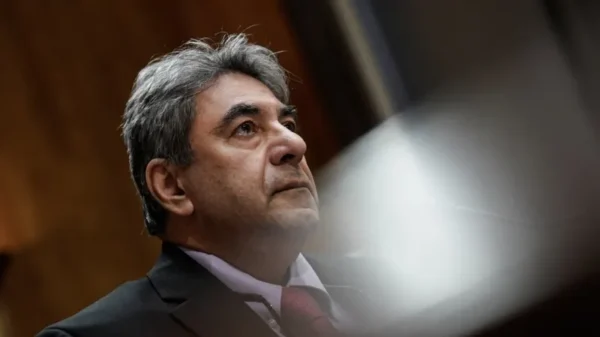
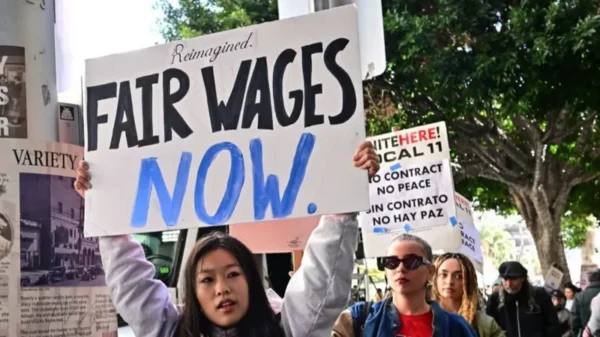








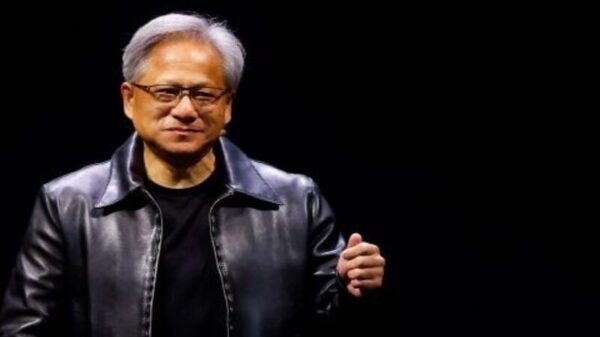

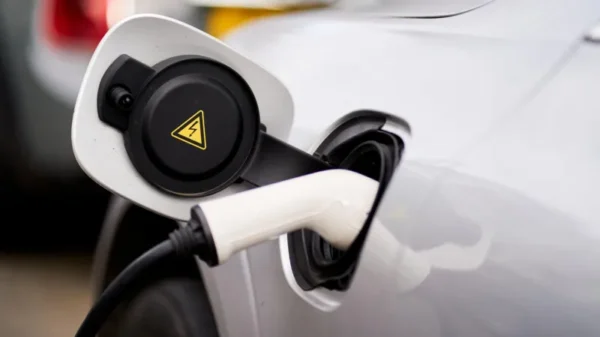
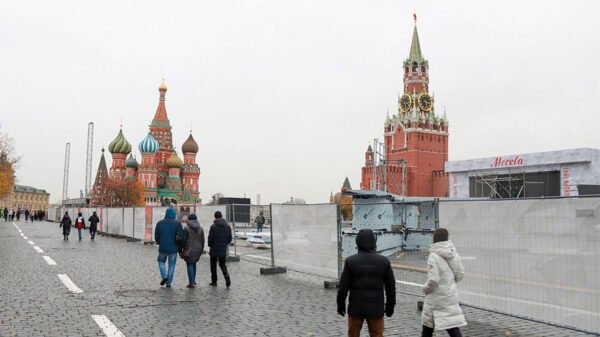
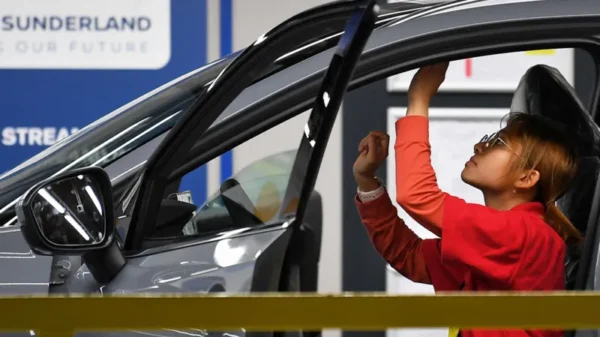
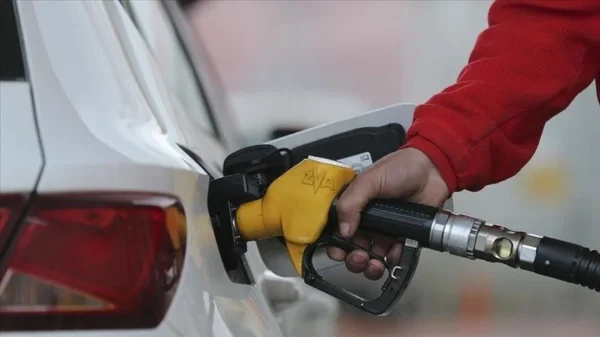





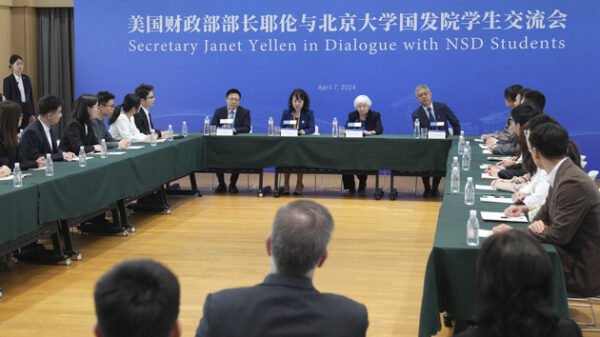
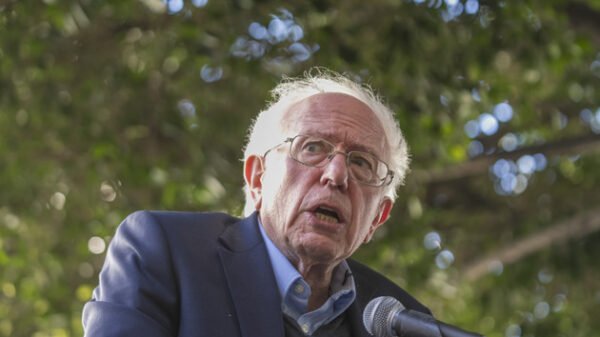

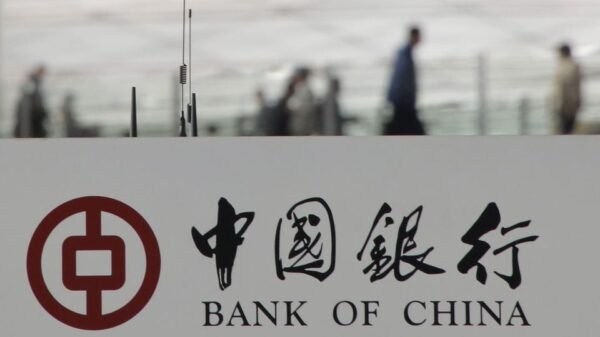

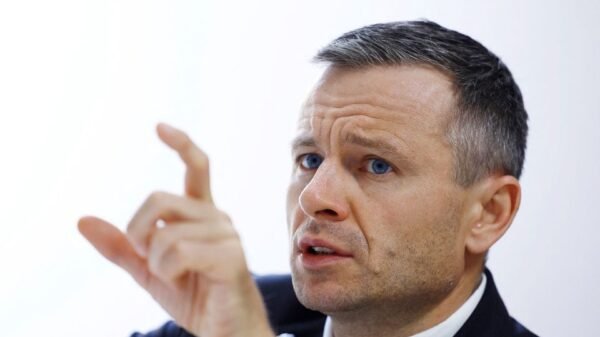
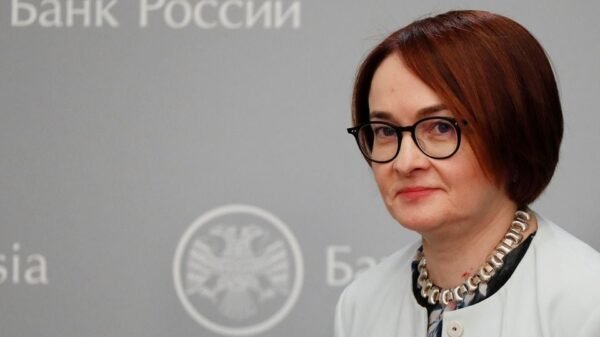




























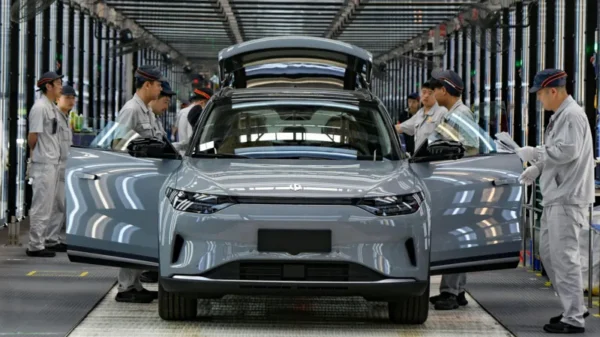



Comment Template